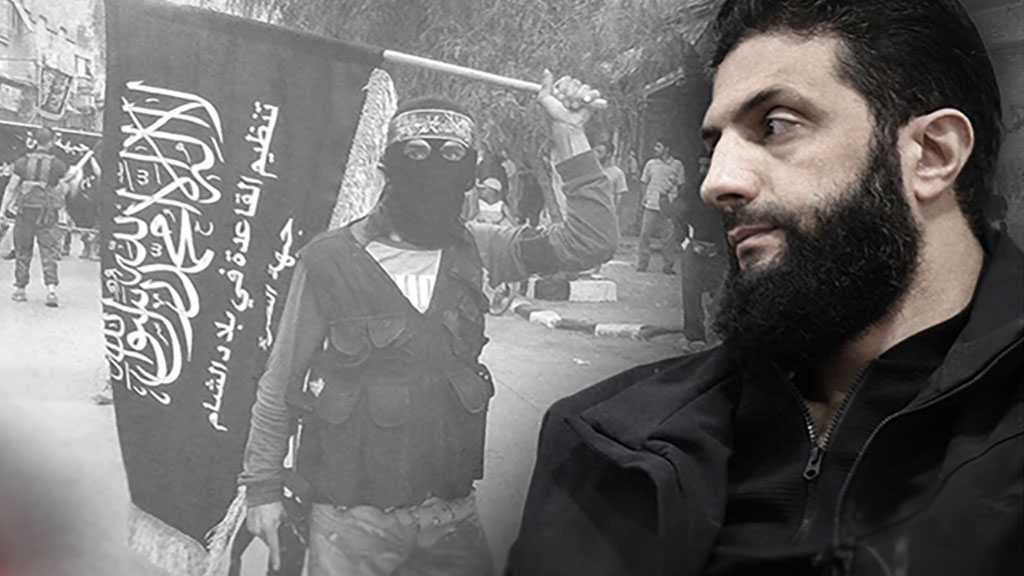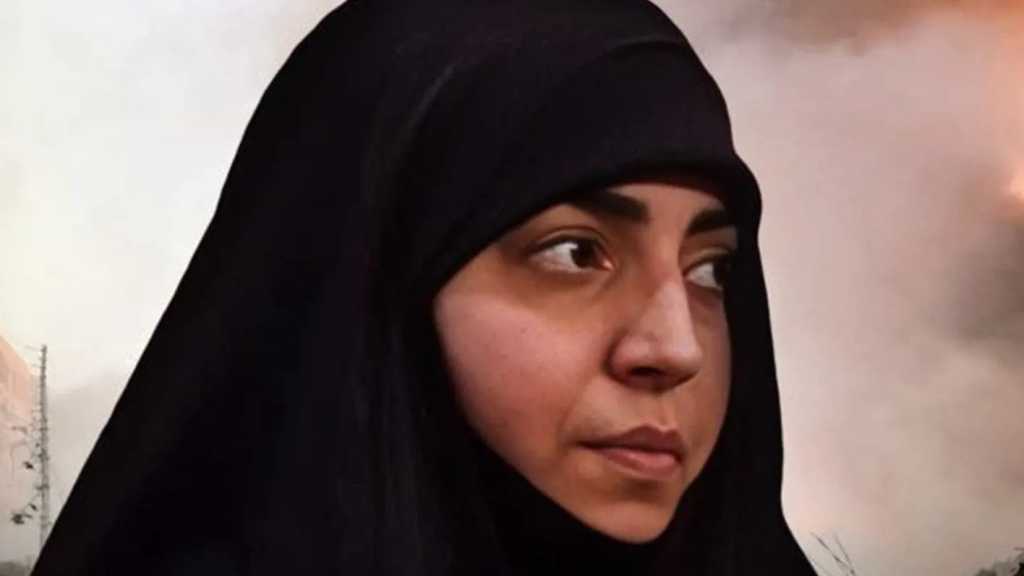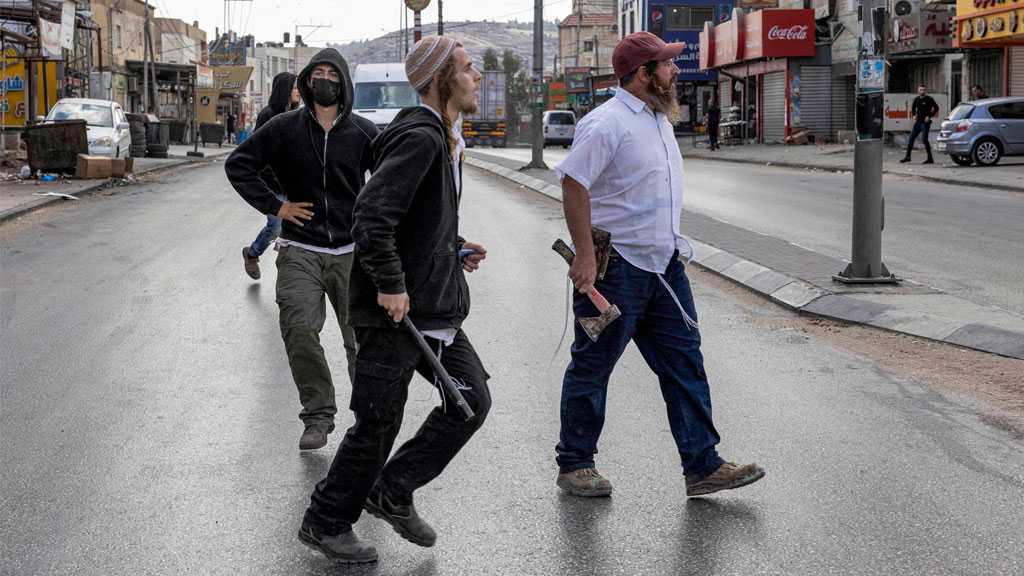Displaced at “Israeli” Gunpoint, Jenin Residents Return to Find Their Homes in Ruins

By Fayha Shalash, MEE
Lana al-Shalabi woke up to the sound of shelling after midnight on Monday.
Located at the heart of the Jenin refugee camp, her house was close to the initial air strikes launched by the “Israeli” military at the start of its two-day assault in the occupied West Bank city.
Amid the panic and chaos, she moved with her family into the basement to take cover. But soon enough, the shelling and gunfire got closer and closer. “Israeli” soldiers broke into the house, searched the identity cards of everyone inside, and forced them back to the basement.
“Suddenly, while we were crammed into the basement, we heard explosions,” Shalabi told Middle East Eye.
“We all started crying, children and women. We felt that the house would collapse on top of us.”
The upper floor of the building had been shelled without warning while the family was trapped below.
Amid the horror caused by the flames and smoke rising from the explosions, the family found a way to leave the house quickly.
Shalabi took one last look at her house to find it a ball of fire, with shrapnel flying from within. Then the windows exploded.
“In those moments, our greatest concern was to escape death. We wanted to escape to a safe place, with [our] children crying the entire time. We walked with other families after an ambulance, to get out of the camp safely,” she recalled.
It’s a scene endured by thousands of the camp’s residents during the “Israeli” assault.
According to city officials, more than 4,000 residents were displaced and 800 houses were damaged or destroyed.
To many, the displacement brought back the bitter memory of the Nakba, or catastrophe - the ethnic cleansing of Palestine by Zionist militias to make way for the creation of “Israel” in 1948.
The Jenin camp is home to almost 14,000 refugees, including many who were expelled from their homeland in 1948 and their descendants.
“Leaving the camp didn't take it out of our hearts,” Shalabi said.
“We kept following up on what was happening inside and tried to find out what happened to our house, which holds unforgettable memories.”
Shalabi sought refuge with her family at a hospital in the city, which later came under attack from the “Israeli” army, forcing them to flee again, this time to a town near the city.
As they waited for the raid to come to an end, Shalabi’s six-year-old sister kept searching for answers her family didn’t have.
“She was asking my mother about her toys in her room and what happened to them,” Shalabi said.
On Tuesday night, after two days of heavy attacks, “Israeli” forces withdrew from Jenin, leaving behind a trail of devastation.
Shalabi returned to her home to find it half destroyed, the walls collapsed and the furniture burnt.
Her sister’s toys were buried under the rubble.
“Because of the severity of the bombing, my sister left her cat inside the house. We don't know what happened to it,” she said.
Enas Abahreh, a Palestinian woman with special needs, who lives with her family in an area overlooking the Jenin camp, came back to her brother’s house to find it in ruins.
On the first day of the “Israeli” attack, dozens of soldiers raided the apartment building they lived in.
Her brother, his wife and children - who live on the second floor - were brought down to Abahreh’s apartment on the first floor at gunpoint.
“The soldiers detained my brother, tied him up and blindfolded him,” Abahreh told MEE.
“Then they put them in our apartment, locked the door and took the keys with them. We heard their voices in my brother’s house above us, without any clue what they were doing,” she said.
The two families, including four children under the age of six, were trapped inside the apartment for 26 hours.
All they could hear was the sound of digging and drilling by the “Israeli” soldiers upstairs.
After pressuring the soldiers to let someone go upstairs to bring milk for the crying children, Abahreh’s sister-in-law was shocked at the scene she witnessed.
Soldiers had dug holes in the walls to place snipers’ rifles, ready to target Palestinian fighters.
Once the army finally withdrew, Abahreh learned from her neighbors that five snipers were stationed in the house.
“It was destroyed when we went up to inspect it,” she said.
“The tiles were removed from their place, the walls were open and had Hebrew symbols on them, all the furniture was upside down. We found traces of the soldiers, including food, water, maps, and the remains of medical equipment,” she added.
Hassan al-Amouri, head of the People's Services Committee in Jenin camp, told MEE the extent of the destruction is enormous.
He said the sewage, water and electricity networks were “completely destroyed”.
“Most of the streets were vandalized and all vehicles were destroyed by ‘Israeli’ armored vehicles,” he added.
As for the displaced families, most of them have returned to their homes in the camp, although some are looking for places to sleep tonight, as many buildings became unfit for habitation.
Comments




